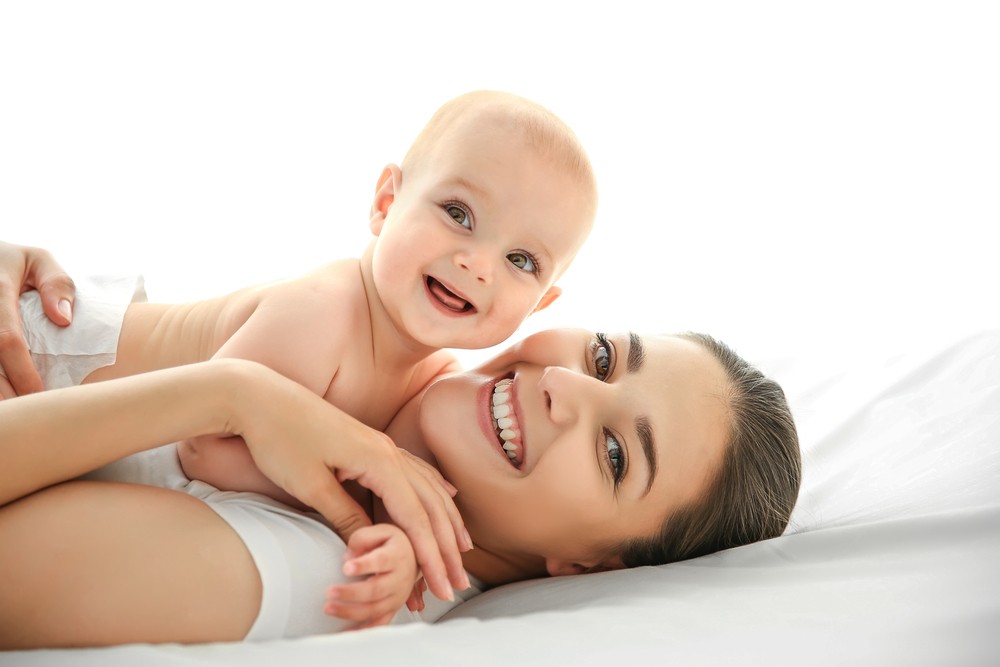The rains are relief from all the intense summer heat, and it’s a joy to hear the pitter-patter of raindrops against the window! Enjoyable as the rains are, they also bring with it many problems.
If the summers are hot, the monsoons can be extremely humid, resulting in a damp environment. All this leads to a rise in fungal and bacterial infections. What’s more, stagnant water leads to increased breeding of mosquitoes, which in turn leads to illnesses like dengue and malaria.
While people of all ages are susceptible to these, infants are particularly vulnerable as their immune systems are underdeveloped and weak. If they do catch an infection, it can lead to complications quickly.
This doesn’t mean that you have to spend the entire monsoon season in panic or paranoia! With some common sense and our top tips for baby care in monsoon, you and your little one can easily breeze through this season, healthier and happier than ever!
- Keep Baby Dry at All Times
When the weather is wet and moist, it is best to stay as dry as possible. Bathing your baby every day is something to be decided based on the weather. If it’s cold and windy, you might want to skip the bath. However, if it’s humid and muggy, babies can sweat, and a daily bath might be a good idea.
If you massage your baby every day, you should bathe them after the massage. Don’t use cold water for bathing the baby. Instead, opt for warm water that’s close to our body temperature – between 37 and 38 degrees Celsius.
After the bath, dry baby thoroughly, paying special attention to skin folds like the underarms, neck, behind the knees, and genitals. Ensure that you pat dry and don’t rub the baby’s delicate skin. You can use a light moisturizer after this, opt for a natural which is one suitable for babies. Also, choose baby bathing kit which is suitable for baby’s sensitive skin during monsoon too.
- Opt for Light Fabrics
The monsoons are an unpredictable season, it can be cold on some days, and really hot and humid on others. For this reason, it’s best to dress babies in light layers. Choose natural fabrics like cotton, which helps the skin breathe. Avoid synthetic fabrics that don’t let sweat evaporate and end up making the baby uncomfortable.
Make sure to dry baby clothes thoroughly – never put damp clothes on your baby. Drying them in the sun is best, although it may not always be possible during the rains. Alternatively, you can use a hot iron on all of the baby’s clothes and nappies before storing them.
You may want to get a few extra sets of clothes for your baby before the monsoon starts. This way, you’ll always have a fresh dry set on hand while you wait for the washed clothes to dry properly.
- Skip the Diapers
This may sound crazy, especially since babies are likely to urinate more when it rains. However, going diaper-free may be the best way to avoid uncomfortable and painful rashes. Wet diapers trap the moisture in, creating an environment that’s perfect for bacterial growth.
Letting babies roam free with just a pair of underpants is ideal. If you want to use diapers, go for cloth diapers, so you’ll know right away when they’re wet. Keep checking the diaper at regular intervals. If your baby does get a diaper rash, use a diaper cream as recommended by your pediatrician. And also for sensitive skin, try baby face cream with natural ingredients.
- Ensure a Proper Diet
As in all other seasons, a healthy, balanced diet is important in monsoons, but it helps to include more immunity-boosting foods now. Continue breastfeeding as it is the best way to give babies whatever antibodies they need during this season. If your baby is only breastfed, you don’t need to offer water – breast milk will offer enough hydration.
Once your baby has started complementary solids, opt for fresh, homemade baby food rather than packaged versions. Choose pumpkins, carrots, potatoes, and beets, along with healing spices like garlic and turmeric. Offer water at every meal and in between, even if it’s only a sip or two.
Make sure that the water you give the baby or use for the formula is boiled and cooled. Sippy cups and bottles can get mold, so ensure they’re washed and sterilized properly.
- Keep Mosquitoes Away
One of the biggest problems in monsoons is the increase in mosquitoes. They breed wherever they find stagnant water, even if it’s only a small amount.
Keep mosquitoes at bay by installing mosquito screens on windows and fixing a mosquito net around the baby’s bed. Make sure to dress the baby in loose, long-sleeved clothes to protect against bites.
Consult a pediatrician and use a baby-friendly mosquito repellent, preferably made from natural ingredients. Rather than applying it on the body, apply it to baby’s clothes and sheets.
- Keep Surroundings Clean
Babies need to be on the floor to play and develop their muscles so they can grow. They tend to pick things up from the floor and put them into their mouths. This means that the floor and all surrounding areas need to be clean and disinfected.
Clean the floors with a cleaning solution followed by a disinfectant. Choose solutions with natural ingredients to avoid exposure to toxic substances. Conduct a pre-monsoon maintenance of the entire house, including pest control. Make sure there is no leakage anywhere, especially in the baby’s room. Carefully look for loose wires or open drains. Maintain a comfortable temperature throughout the house, so that it’s neither too hot nor too cold.
- Practice Personal Hygiene
When handling babies, we need to be very careful about our hygiene. As everyone knows nowadays, the best way to do this is by keeping hands clean. Always wash hands with soap and water for at least 20 seconds before handling the baby. Keep a sanitizer in an easily accessible place.
Keep your nails short and clean, and trim baby’s nails as well. Ensure that their toys are cleaned regularly. Don’t let anyone coming in from outside go near the baby. If you have been outside, shower and change clothes before going near the baby.
Keep a close watch on your baby for any flu-like symptoms, including sneezing, coughing, fever, or lack of appetite. At the slightest sign of an illness, be sure to consult your doctor right away.





